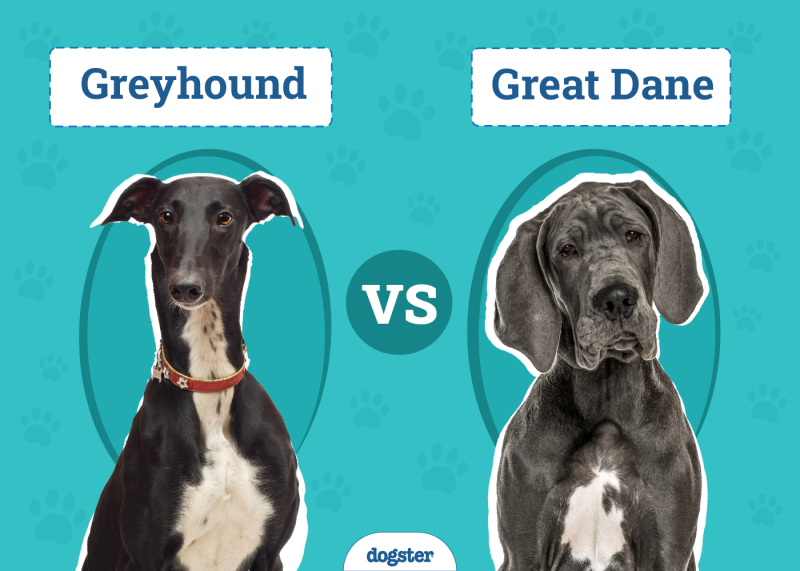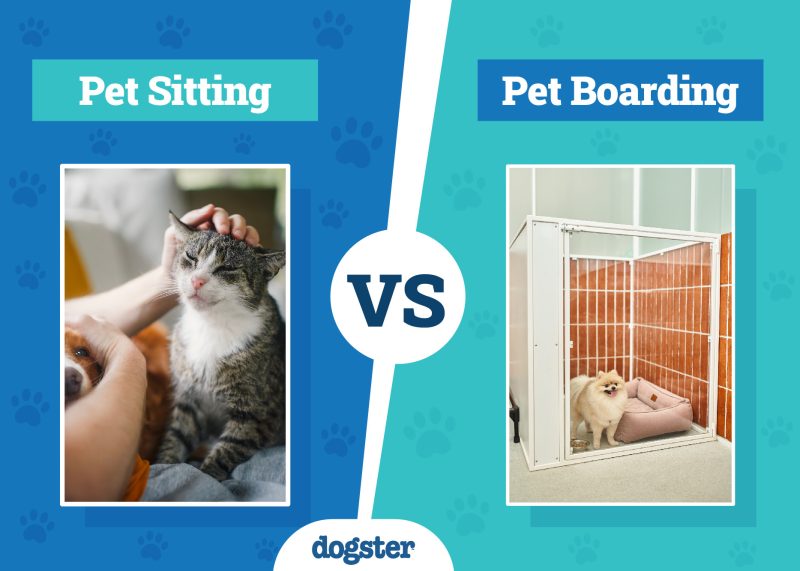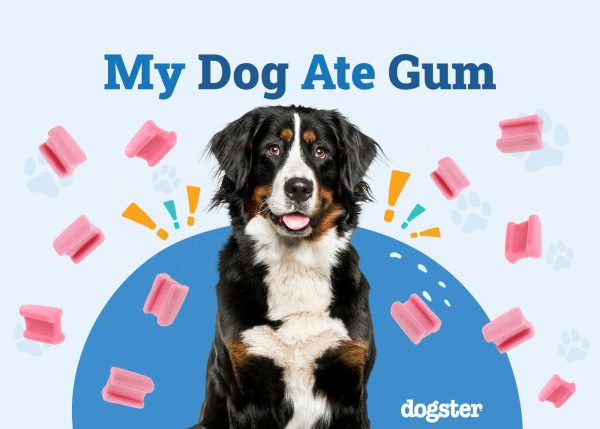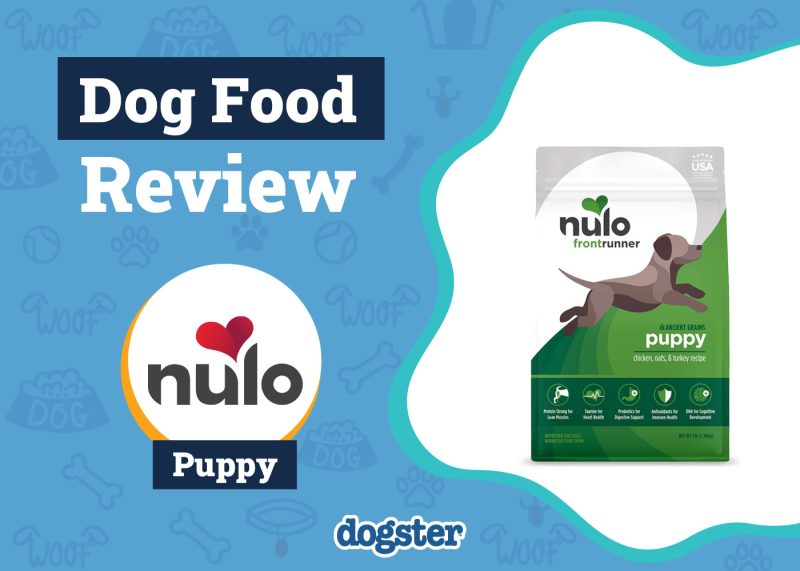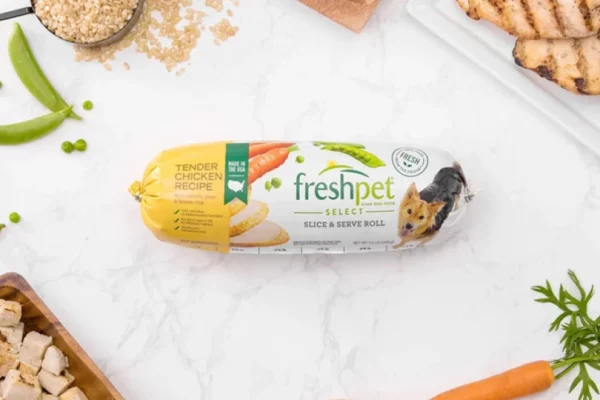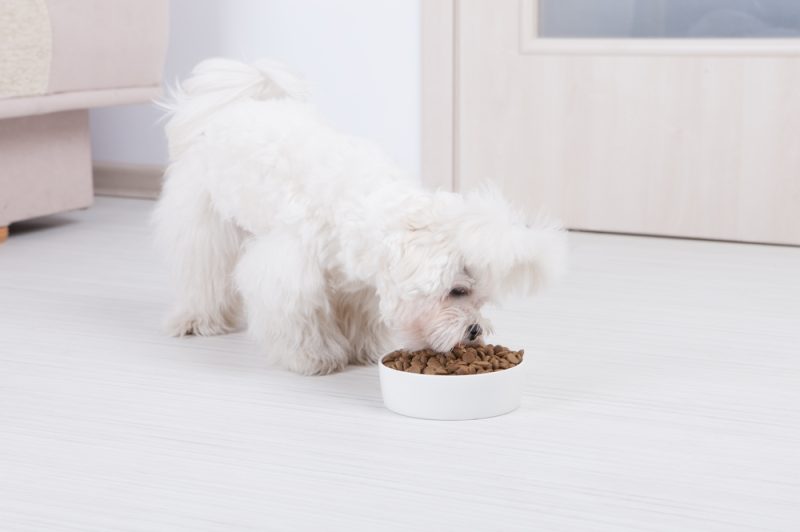Puppy absorption in dogs is an understudied topic. Often, the pregnancy cannot be confirmed by the time some or all of the fetuses are reabsorbed. Sometimes, the dog owner may not even know their dog is pregnant! However, breeders contend with this mysterious occurrence regularly. While obviously sick dogs may reabsorb their pregnancies, completely healthy dogs can too.
Sometimes, the cause is apparent but not always. Breeders and pet owners can take steps to avoid puppy absorption, but there is no foolproof way to prevent it entirely. Here, we discuss everything you need to know, including potential causes and complications.

What Is Canine Fetal Resorption?
As the name suggests, puppy absorption, also called canine fetal resorption, happens when the mother reabsorbs an embryo (up to day 25–35, depending on the literature) or fetus (after 30–35 days of pregnancy). At this point, the puppy has already stopped developing and is considered deceased.
The puppy’s body begins to decompose within the womb. The enzymes completely or incompletely dissolve the body, and the compounds are then reabsorbed into the mother’s bloodstream. They can also remain in the uterus and be expelled unnoticeably.
This process is similar to embryo loss, which occurs very early in pregnancy, usually before days 15 to 17. Puppy absorption can occur at any time, though usually in the first half of pregnancy. After that, since the fetal skeleton begins to calcify, the deceased puppy may be passed stillborn either before or on the due date or may get mummified in the uterus.
Canine fetal resorption often occurs fairly early in pregnancy and goes unnoticed. In certain cases, the cause is entirely out of anyone’s hands. The affected fetuses often have some sort of genetic or conformational abnormality that causes them to stop developing.
Usually, only one or two puppies in a litter are absorbed. Therefore, the dog may stay pregnant. The fetus disappears from the uterus and is reabsorbed into the dog’s body. It is not the same as a miscarriage, where the fetus is expelled.
While this process may seem unsettling, it is not uncommon. Reabsorbing the fetus allows the mother and other puppies to continue with a healthy pregnancy in many cases. In fact, up to 43% of dogs may experience fetal resorption.

What Causes Fetal Resorption in Dogs?
There are countless reasons for puppy reabsorption. SInce it occurs so early in pregnancy, owners often don’t know it happened. There are usually no outward signs, and the female typically continues with a healthy pregnancy.
Usually, causes fall into two main categories: infectious agents and non-infectious agents.
- Viral Infection: A few common canine viruses can affect the health of developing puppies. For instance, canine herpesvirus 1 can cause infertility and pregnancy loss. Females are often asymptomatic, so it isn’t odd for owners to be completely unaware that their dogs are infected. Canine distemper virus can also cause spontaneous abortion and reabsorption, even if the fetuses themselves aren’t infected. The reabsorption is thought to be caused by the stress of the illness in this case. Canine parvovirus is also linked to very early puppy reabsorptions and abortion.
- Bacterial Infection: One of the causes of stillbirth and abortions during the last trimester that may also lead to early embryonic death and fetal resorption in dogs is the bacteria Brucella canis. Alongside affecting the reproductive tract, it may cause general signs of illness, such as lethargy, enlarged lymph nodes, and reduced appetite, while some dogs may have no signs at all. It poses a risk to human health and is a reportable disease in most countries.
- Hypothyroidism: This condition occurs when the female does not make enough thyroid hormones for one reason or another. There is an ongoing debate about how much hypothyroidism can impact fertility and lead to abortion or fetal absorption. It can predispose a pregnant dog to stillbirth.
- Low Progesterone Levels: This hormone is required for the dame’s body to know she is pregnant. Without it, it’s difficult to maintain pregnancy. Therefore, embryos may not stick to the inside of the uterus properly, leading to their inability to develop, which causes reabsorption or abortion. Often, this condition can even cause complete pregnancy loss, not just the reabsorption of a fetus or two.
- Uterine Deformities: If a female’s uterus is not adequately formed, some fetuses may have a hard time developing correctly. Sometimes, this deformity leads to serious infertility problems. In minor cases, it may make it difficult for one or two fetuses to develop correctly, leading to reabsorption.
- Diseases: Seemingly unrelated health problems can cause puppy reabsorption. For instance, diabetes can cause fetal reabsorption if it is not controlled correctly. Often, though, dogs have a hard time getting pregnant in the first place with this condition. Therefore, this is a less likely cause. Another condition is pregnancy toxemia, which is when the mother suffers from life-threatening metabolic disorders, often due to poor nutrition and a large litter size.
- Fetal Defects: As we previously stated, fetal resorption can be due to a problem with the fetus itself, not the mother. Sometimes, the fetus is not genetically sound and can never develop into a healthy puppy. Often, these fetuses stop developing early on and are then reabsorbed.
- Stress: Although there is no evidence, it is suggested that maternal stress can also cause pregnancy loss. We know that stress caused by unrelated illnesses can lead to reabsorption, but it is unclear if stress caused by environmental factors has the same effect.
- Trauma: Trauma that a mother may experience during pregnancy, such as a road traffic accident, may lead to fetal absorption, stillbirth, and abortion.
- Poor Nutrition: Proper nutrition is required for fetuses to develop properly. If the mother does not consume everything she needs, some fetuses may not get the proper nutrients or calories. This deficiency can cause them to stop developing or develop incorrectly. In some cases, this can lead to fetal resorption.
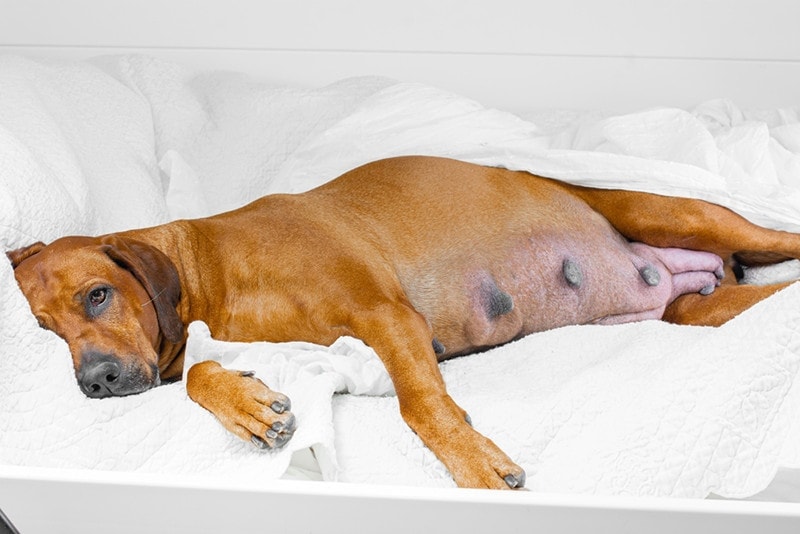

When It Isn’t Really Fetal Resorption
Several occurrences are often mistaken as fetal resorption but aren’t actually linked. For instance, false pregnancies are sometimes misdiagnosed as puppy reabsorptions. The dog will often experience pregnancy signs, including milk production and weight gain. However, there are no actual fetuses present. At some point, the female will simply stop having signs or may require treatment from her vet.
When this occurs, many dog owners assume that the female has reabsorbed the fetuses, though that may not be the case. It is also possible for early ultrasounds to be wrong if performed by untrained individuals. They could indicate a fetus where there isn’t one. When the female later gives birth to a smaller number of puppies, it is assumed that she reabsorbed one or two, but ultrasound cannot be used to correctly estimate the total number of puppies.
How do you know whether it was an inaccurate ultrasound reading or puppy reabsorption? You don’t. It’s impossible to tell after the fact. False pregnancies and puppy reabsorptions are also nearly impossible to tell apart after they have occurred.
While the dog is still pregnant, your vet can use an ultrasound to determine whether the pregnancy is real or false. However, after the pregnancy signs have dissipated, there is no way to know if the pregnancy was false or if the fetus was reabsorbed unless the dog hasn’t been mated at all.
If you’re concerned about your dog’s health we suggest you speak to a vet.
If you need to speak with a vet but can't get to one, head over to PangoVet. It's our online service where you can talk to a vet online and get the advice you need for your dog — all at an affordable price!

Final Thoughts
Fetal resorption can go unnoticed by breeders and dog owners. Unless the fetus is reabsorbed somewhat late and the dog undergoes an early ultrasound, the process is usually undetectable. There are many causes, some of which are entirely out of your hands. Many puppies are reabsorbed because they are not genetically sound. They may not have fully developed organ systems, for example. Eventually, they stop developing, and the mother’s body reabsorbs them.
In many cases, this happens very early, before you even know the dog is pregnant. Other times, illnesses and infections can cause pregnancy loss. Many underlying conditions are associated with decreased puppy survival rates. Viruses can directly affect fetuses, and infections can compromise the mother’s ability to carry a healthy pregnancy.
No matter the cause, puppy reabsorption is often nothing to be worried about unless the mother dog is showing any signs of illness or having a vaginal discharge. Unless it was caused by an infectious, chronic, or underlying condition that your vet can establish by performing specific tests, it is often just part of the breeding process. Most importantly, speak to your vet about herpesvirus prevention, vaccinations, and Brucella, as these infections can be severe, and Brucella is a reportable disease.
Featured Image Credit: Nina Buday, Shutterstock




